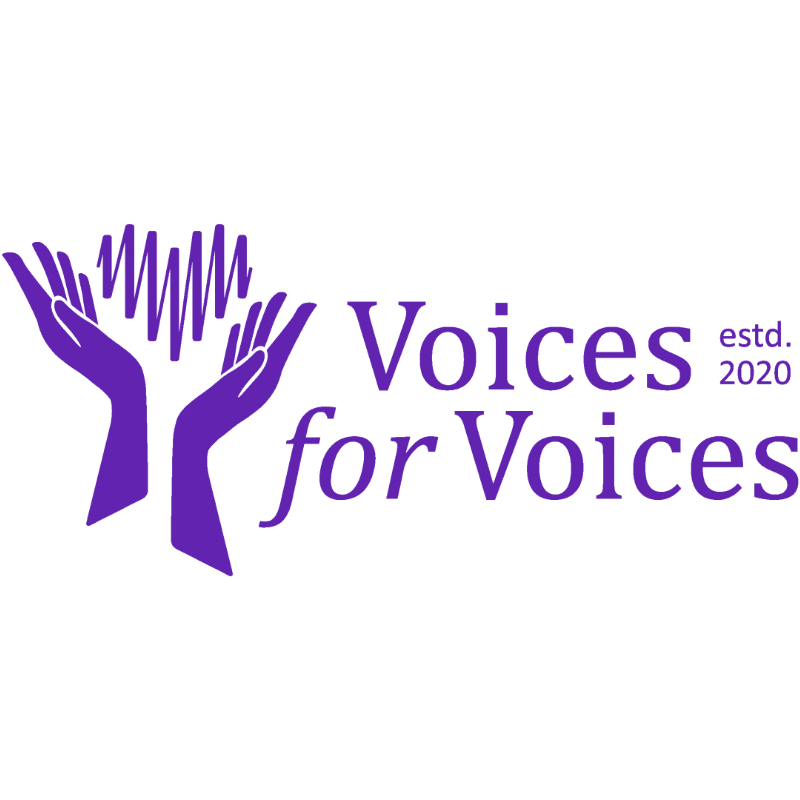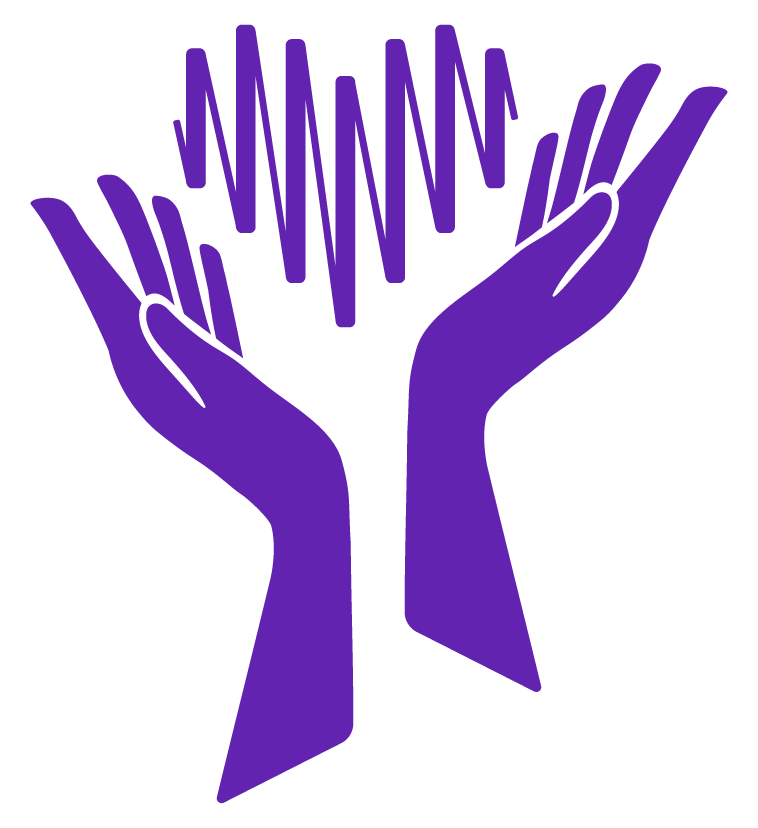Are Nigerian Christian People, Churches and Schools being Persecuted (Episode 336)?
Memory has power when it is specific, embodied, and connected to the present. That’s why this conversation begins with a grounded walk through Majdanek—barracks that trap heat, a registration building that splits lives in two, a chamber where blue stains on plaster stand as chemical signatures of murder, and long steel cages brimming with worn shoes that once held the daily weight of ordinary steps. Evidence changes posture; it quiets our instinct to debate abstractions. Seeing the topology of mass graves carved into grass turns statistics into terrain. The mind records smells, angles, and distances in ways words only approximate. That sensory record is the crux of witness, and witness is where mental health care often starts: we name what happened, we stabilize in truth, and we place pain back in a timeline so it stops invading every hour.
The turn from that memory to reports out of Nigeria is not a rhetorical gambit; it is a call to maintain continuity between history and now. Credible outlets and investigative groups have documented years of targeted violence against Christians, alongside the deaths of moderate Muslims, burned churches, and destroyed schools. Numbers are contested, as numbers are in live conflicts, but the pattern is coherent: identity-based violence, weak protection, slow accountability, and communities left to process traumatic loss without adequate resources. For survivors and their families, trauma isn’t a headline; it’s sleeplessness, hypervigilance, survivor guilt, and a nervous system stuck in “what if.” For those waiting for a loved one to return from a mission trip—or from a routine day that went sideways—ambiguity compounds grief. The mind needs facts to file memories; when those facts are missing, the nervous system loops through fear narratives, cementing distress.
To work with trauma at scale, we need a praxis that blends facts, care, and agency. Facts reduce gaslighting and help communities resist minimization. Care—evidence-based, culturally sensitive, and locally delivered—helps people unlearn the body’s emergency reading of every sound and shadow. Agency gives survivors choices about participation in justice, ritual, and rebuilding, which restores a sense of efficacy that trauma strips away. On the ground, this looks like psychological first aid in the immediate aftermath, followed by group-based interventions that normalize reactions, and referrals for those with persistent symptoms of PTSD, depression, or complicated grief. Faith communities, often the first support in crisis, can be trained to recognize red flags, protect confidentiality, and create rhythms—prayer, music, meal trains, safe childcare—that lighten the cognitive load of survival.
Language matters. We should be precise about perpetrators and avoid smearing entire populations or religions. That precision is both ethical and therapeutic; broad blame fuels more fear, isolates potential allies, and makes safety feel impossible. At the same time, minimizing or ignoring patterns out of discomfort breeds the very helplessness trauma thrives on. A balance is possible: name attacks clearly, cite sources, honor the dead, and acknowledge complexity without retreating from responsibility. For listeners far from the violence, proximity can be built through reliable reporting, diaspora testimonies, and practical solidarity—supporting NGOs vetted for transparency, amplifying survivor-led initiatives, and urging policymakers to fund protection, accountability, and mental health services. Concern turns into care when it acquires logistics: who to call, where to give, how to follow up.
Grief changes the scale of time. A year can feel like a week, and a day can feel like a lifetime. The host’s own bereavement underscores that loss does not obey calendar logic; it arrives in waves and quiets in pockets. That shared human experience can bridge differences in geography and belief. Whether someone identifies as Christian, Muslim, of another faith, or none, the brain’s pathways for threat, attachment, and mourning are remarkably similar. Safety cues—predictable routines, supportive relationships, benevolent touch, and environments with light, fresh air, and calm sound—downshift the nervous system, making therapy more effective and daily life more possible. Communities can design spaces that cue safety: open doors staffed by trusted volunteers, visible schedules, child-friendly zones, and trauma-informed signage that sets expectations and respects consent.
Justice is a health intervention. Where accountability mechanisms exist—credible investigations, fair trials, and protections for witnesses—symptoms often ease because the world feels slightly more moral and predictable. Conversely, impunity keeps people braced for the next blow. International partners can help by supporting local legal teams, safeguarding journalists, and discouraging cynical narratives that reduce victims to pawns. Meanwhile, storytellers—podcasts, filmmakers should keep bringing topics like these to the forefront.
Chapter Markers
0:00 Welcome and Milestone Gratitude
1:17 Trigger Warning and Topic Framing
2:06 Setting the WWII Context
4:56 Arrival, Deception, and Selection
7:31 Gas Chambers, Labor, and Control
10:58 Visiting Majdanek: Evidence Seen
14:23 Barracks, Heat, and Conditions
17:38 Mass Shootings and Burial Sites
19:53 Artifacts: Shoes, Crematoria, Proof
23:04 Turning to Present-Day Nigeria
24:15 Reported Killings and Sources
26:45 Burned Churches, Schools, and Data
28:43 Press Blind Spots and Reach
31:06 Why This Matters to Mental Health
34:12 Grief, Uncertainty, and Faith
37:08 Universality of Trauma and Worth
40:05 Hopes, Blessing, and Closing
Are Nigerian Christian People, Churches and Schools being Persecuted (Episode 336)?
📺Rumble: voices-for-voices.org/3WHAJgF
📺YouTube: voices-for-voices.org/4mZJ5Ll
🎧Web Browser: voices-for-voices.org/3WJ9frC
🎧Apple Podcasts:voices-for-voices.org/4q7JlLh
🎧Podcast Addict: voices-for-voices.org/4eqJp32
🎧📺: Any Smart Speaker/TV
🎧CastBox: voices-for-voices.org/4nlhiqp
🎧iVoox: voices-for-voices.org/4nAXbEu
🎧Spotify: voices-for-voices.org/3UfceGE
🎧Podbean: voices-for-voices.org/4fjHVID
🎧iHeart: voices-for-voices.org/4q3lL25
🎧Audacy: voices-for-voices.org/4l3YdqK
🎧Amazon Music: voices-for-voices.org/477jGtk
🎧Podcast Republic: bit.ly/46ZQpjh
🎧TuneIn: voices-for-voices.org/40WGlXj
🎧Pocket Casts: bit.ly/4d6E66Z
🎧Deezer: bit.ly/3UydHaJ
🎧Podchaser: voices-for-voices.org/4jJgrh6
🎧Podcast Index: voices-for-voices.org/4ondogq
🎧PlayerFM: player.fm/series/voices-for-voicesr
🎧TrueFans: voices-for-voices.org/420fwlT
🎧Goodpods: voices-for-voices.org/3SS0XuZ
🎧Listen Notes: voices-for-voices.org/46FCK3k
Become a supporter of the show! voices-for-voices.org/443fL0U
#NigerianChristians #ReligiousPersecution #ChurchesInNigeria #ChristianityInNigeria #PersecutionAwareness #NigeriaNews #FaithUnderFire #HumanRightsNigeria #ChristianSchoolsNigeria #ProtectOurFaith #ReligiousFreedomNigeria #NigerianChurchChallenges #VoicesOfThePersecuted #ChristianCommunitySupport #StopReligiousViolence #justiceforsurvivors #justice4survivors #VoicesforVoices #VoicesforVoicesPodcast #JustinAlanHayes #JustinHayes #help3billion #TikTok #Instagram #truth #factoverfictionmatters #transparency #VoiceForChange #HealingTogether #VoicesForVoices336

